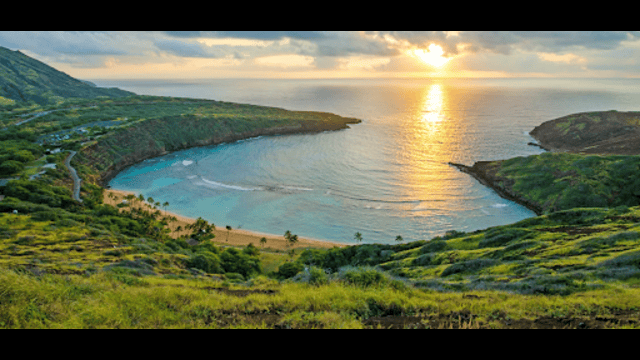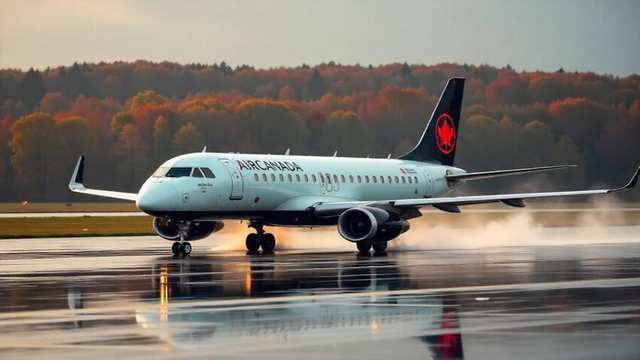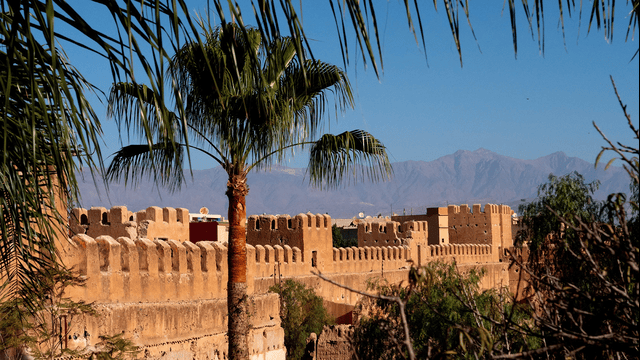
Caribbean nations recover from Hurricane Beryl impact
Caribbean nations are in the midst of a challenging recovery following the devastation wreaked by Hurricane Beryl last week. The storm, a powerful Category 4 hurricane, left a trail of destruction across Grenada, Jamaica, Saint Vincent and the Grenadines. In these tourism-dependent countries, the aftermath includes widespread electricity outages, damaged buildings, and roads impassable due to debris.
Barbados and the Cayman Islands experienced less severe impacts compared to their neighbors. Barbados saw limited damage along its southwest shores, with most hotels and accommodations reporting minimal disruption. Similarly, the Cayman Islands managed to avoid injuries to residents and visitors, with cleanup efforts already underway.
Hurricane Beryl made history as the strongest hurricane ever recorded in June in the Atlantic Ocean, briefly reaching Category 5 status with winds reaching up to 150 mph. Prime Minister Ralph Gonsalves of Saint Vincent described the affected areas as suffering "utter devastation," particularly islands like Canonuan, Union Island, and Mayreau.
Saint Vincent, still recovering from a volcanic eruption in 2021, fortunately saw less impact compared to its neighboring islands. Grenada's Carriacou island, however, bore a significant brunt, with 98 percent of its buildings damaged or destroyed. The island faced complete disruption to its electrical and communications systems, affecting every resident.
Despite the widespread damage, some areas managed to escape the worst of Hurricane Beryl's wrath. Patricia Maher, former CEO of the Grenada Tourism Authority, noted that Grenada's capital, St. George's, and its hotel sector were largely spared, remaining open for business. Carriacou's digital networks were partially restored shortly after the storm passed.
In Jamaica, while major resort areas were spared, southern parishes like Clarendon, Manchester, and Saint Elizabeth faced heavy damage. The government, supported by international partners including the UN, initiated response plans including setting up shelters for those displaced.
The aftermath of Hurricane Beryl has left significant challenges for the affected nations. Jamaica's Tourism Minister, Edmund Bartlett, confirmed that while many resorts were operational, some areas faced power outages and other disruptions. Efforts to restore services were underway, with expectations for full restoration in some areas by the following week.
Relief efforts are also in motion across the region. The UN, alongside regional agencies like the Caribbean Disaster Emergency Management Agency (CDEMA), is coordinating aid efforts. The Secretary-General has allocated $4 million from the UN's emergency fund to assist Grenada, Jamaica, and Saint Vincent and the Grenadines.
In Grenada, Prime Minister Dickon Mitchell aims to activate the country's catastrophic risk insurance to cover the extensive costs of recovery, estimated in the tens of millions. Similarly, private initiatives such as the Palm Island resort's GoFundMe campaign are rallying support to rebuild homes and critical infrastructure on Union Island.
As these nations navigate the recovery process, international support continues to pour in. Organizations like Food For the Poor have sent substantial aid shipments, while diaspora groups in the US are mobilizing additional support efforts.















